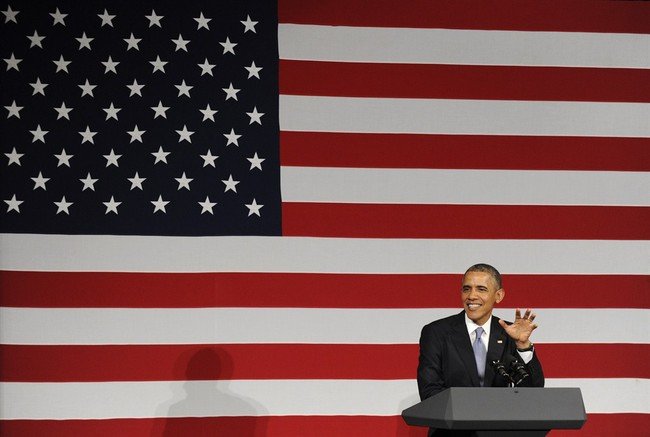Another myth is that policymakers cannot make budget cuts without voters responding. However, reform efforts in the 1990s did not result in voter rebuke. In 1996, Republicans were fiercely condemned while reforming welfare. But they stuck together and succeeded, and today that achievement is widely praised. Also in the 1990s, Republicans proposed cuts to many sensitive programs, including Medicare, Medicaid, education, housing, and farm subsidies. In their 1996 budget plan, House Republicans voted to abolish more than 200 programs, including entire departments and agencies.
The Republicans who spearheaded these reforms were not kicked out of office, even though many of them were specifically destined to fail in 1996. The most ardent budget cutters in the 104th Congress were freshmen who were re-elected with a larger margin than they received. in 1994. They included John Shadegg and Matt Salmon of Arizona, Joe Scarborough of Florida, David McIntosh and Mark Souder of Indiana, Steve Largent and Tom Coburn of Oklahoma, Mark Sanford of South Carolina, Van Hilleary of Tennessee and Mark Neumann of Wisconsin. Indeed, many Republican freshmen who made budget cuts were reelected in districts that supported Bill Clinton for president in 1996. A prominent leader of House budget nominators, John Kasich (R-Ohio), consistently won re-election throughout the 1990s by two-to-one margins. In summary, budget cuts can be good policy if undertaken seriously and directly.

